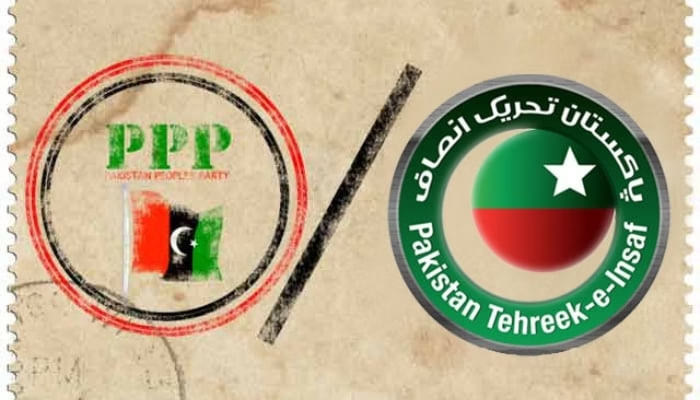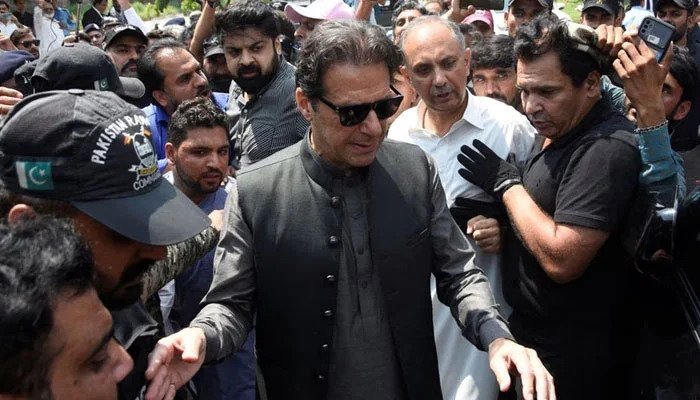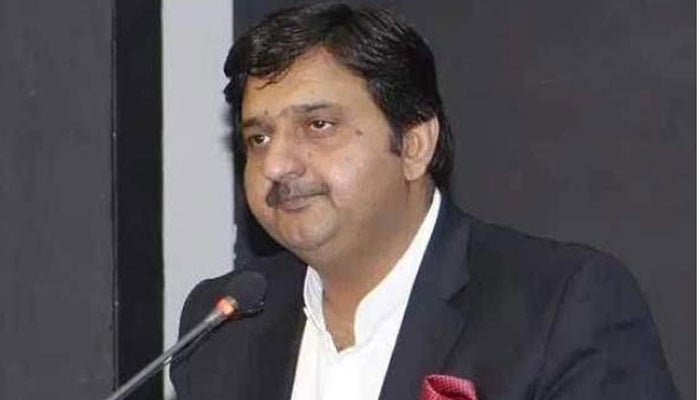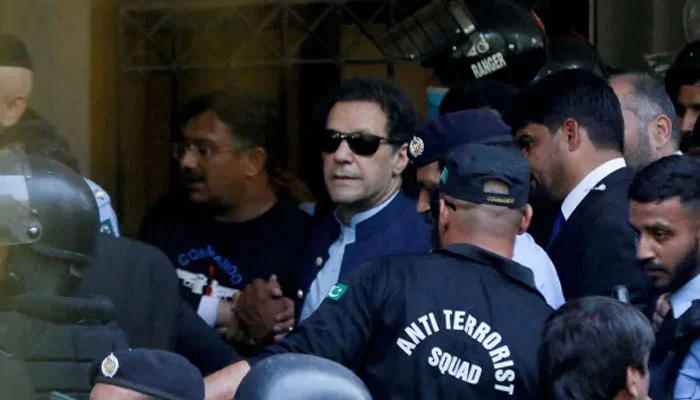In a strategic political development, Pakistan Tehreek-e-Insaf (PTI) has reached out to the Pakistan Peoples Party (PPP) in an attempt to form a joint front against the federal budget. The outreach comes amid growing opposition criticism of the proposed budget and signals potential cracks within parliamentary consensus as the ruling coalition prepares for a tough legislative battle.
PTI Seeks PPP’s Support for Budget Boycott
According to reports by Geo News, senior PTI leader and former Speaker of the National Assembly Asad Qaiser held a crucial meeting with Raja Pervez Ashraf, a senior leader of the PPP and former Speaker of the National Assembly, at the Parliament House. The primary agenda of the meeting was to persuade the PPP to align with the PTI in boycotting the upcoming federal budget vote.
During the meeting, Asad Qaiser cited recent public statements by PPP leaders suggesting dissatisfaction or possible disengagement from the federal budget process. He stressed that if the PPP was genuinely serious about opposing the budget, it should demonstrate this by standing in solidarity with the PTI and refusing to participate in the voting process.
Raja Pervez Ashraf’s Response
In response to the proposal, Raja Pervez Ashraf acknowledged the concerns raised by PTI. He stated that he would convey the message to PPP Chairman Bilawal Bhutto Zardari, who is expected to arrive at the Parliament later in the day. Raja Ashraf assured Qaiser that consultations would take place with the party leadership before any decision is made.
He emphasized that any formal response or strategy would be communicated after internal deliberations, as the matter required input from the top leadership, particularly Bilawal Bhutto.
Political Context: Budget Battles and Shifting Alliances
This political development unfolds at a time when public discontent over inflation, economic instability, and tax reforms is mounting. The federal budget, which includes new taxation measures and controversial cuts to subsidies, has been met with criticism from both opposition parties and sections of the coalition government.
The PPP, though part of the broader governing alliance, has expressed concerns over the lack of consultation on key budgetary allocations, especially those affecting provinces like Sindh. This has raised speculation about internal rifts and possible policy disagreements within the coalition.
For PTI, led by the incarcerated former Prime Minister Imran Khan, the budget boycott represents a tactical move to challenge the government’s credibility and fiscal management, while also seeking to exploit divisions among its political rivals.
What’s at Stake?
A budget boycott by major political parties would carry significant implications. It could:
- Undermine the legitimacy of the budgetary process.
- Signal political instability to financial markets.
- Weaken the coalition government’s control over Parliament.
- Delay implementation of key economic policies.
If the PPP decides to support the boycott, it would significantly strengthen the opposition’s stance and place the current government under severe pressure, both domestically and internationally.
PPP’s Dilemma: To Stand or Withdraw?
The PPP is now in a delicate position. While it has expressed dissatisfaction with some aspects of governance and budget priorities, it remains part of the ruling coalition and holds significant ministries. Any decision to boycott the budget could risk fracturing the alliance or prompting a political reshuffle.
However, remaining silent or endorsing a contentious budget could alienate PPP’s support base, especially in Sindh, where local grievances about federal neglect are already brewing.
A Crucial Political Test
As Bilawal Bhutto Zardari prepares to return to Parliament, all eyes will be on the PPP’s next move. Will the party stand with PTI to mount a symbolic protest against economic policy? Or will it continue to walk the tightrope of governance and opposition?
Whatever the outcome, this development has added a new layer of drama to Pakistan’s political landscape, with budget day now poised to become a litmus test of alliance politics, opposition strength, and parliamentary strategy.



